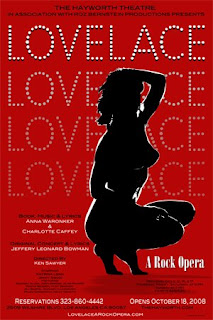Singing songs about sex
Sex sells... it's been a topic of this blog on several occasions and, oddly enough, when ever I write about it the number of hits I get dramatically increases. No, that's not the reason I'm writing about it now. Now it's a topic of both song cycles and opera - although Richard Strauss' opera Salome has the famous dance of the seven veils, so sex has been selling songs in opera for a long time. Here are a couple of events in the news. From the Moscow Times : Michael Nyman is a British composer of some renoun, prehaps best known for his film music, particularly in The Piano (1993). He is traveling to Russia to perform works from his recent CD releases, "Mozart 252" and "8 Lust Songs: I sonetti lussuriosi," this coming Saturday at the Tchaikovsky Concert Hall. 8 Lust Songs is a song cycle based on "16th-century Italian pornographic texts by a fantastic writer named Pietro Aretino," said Nyman, "These are very sexual, very s...




